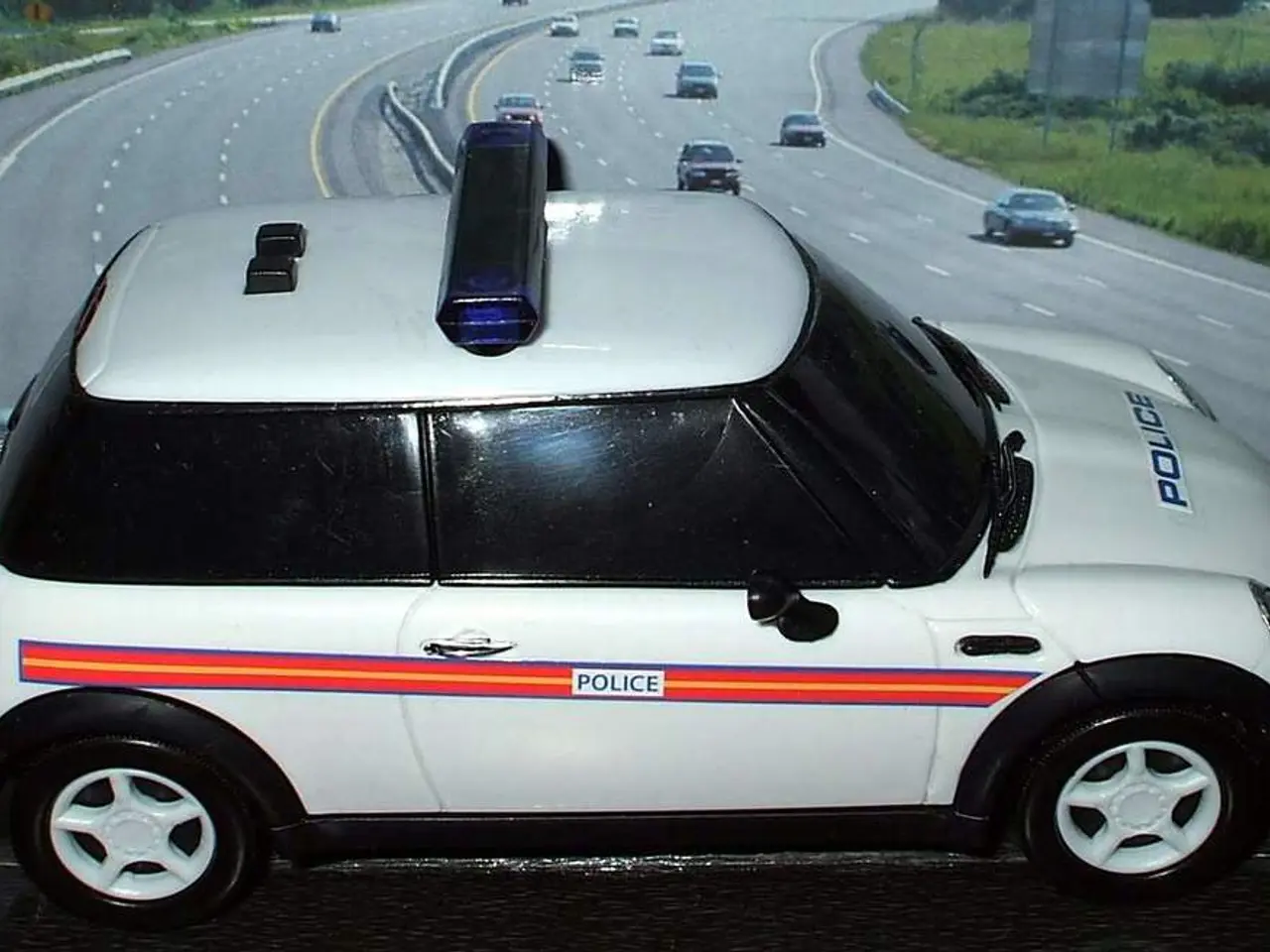DC Home Rule Act overview: Trump takes control of DC police under federal jurisdiction
President Trump Takes Control of Washington D.C. Police
In a move that has sparked controversy and debate, President Donald Trump invoked Section 740 of the District of Columbia Home Rule Act in August 2025, placing the Washington D.C. Metropolitan Police Department (MPD) under direct federal control [2][3][5]. The decision was made to combat what the President described as a public safety and crime emergency in the nation’s capital.
Historical and Legal Context
The Home Rule Act of 1973 granted D.C. residents limited self-governance, including the election of a mayor and city council, but maintained significant federal authority over the district [3][4]. Notably, the president retains emergency powers under Section 740 to require the Mayor to make MPD available for federal use during "special conditions of an emergency nature." Section 740 allows the president to take control of MPD only temporarily, initially up to 48 hours, with the possibility to extend up to 30 days if Congress is notified [1][4]. Any extension beyond 30 days requires congressional approval via a joint resolution.
Historically, this section had not been widely or publicly invoked prior to this 2025 action, making Trump's move largely unprecedented and controversial [4].
Specific Implications
The move effectively suspended the local government’s control over policing, raising concerns about undermining D.C.’s home rule and self-governance. Mayor Muriel Bowser expressed unease but said the city would comply while underscoring the importance of local autonomy and advocating for D.C. statehood [3].
Civil liberties groups and local officials criticized the federal takeover as an overreach and a usurpation of local authority under questionable claims of a crime emergency. The American Civil Liberties Union of D.C. called it a false pretense and warned of the risks of militarizing local policing and eroding democratic governance in the capital [4].
The federal control aimed to stabilize public safety, protect federal institutions, and restore order amid a perceived surge in violent crime, though official crime statistics reportedly showed a recent decline in violent crime in D.C. [3][5].
The invocation was seen as a potential blueprint for exerting federal control in other cities, foreshadowing broader national policy and law enforcement tactics under Trump’s administration [4].
Political Ramifications
The move has been criticized by many Democrats as a power grab and a distraction. House Minority Leader Hakeem Jeffries has written a post stating that Trump has no basis to take over the local police department and has no credibility on the issue of law and order. On the other hand, Republicans are lauding the announcement, claiming that Trump is "making D.C. safe again."
Democratic Sen. Tina Smith has referenced the Epstein files in a post, implying that there may be something questionable in them. Del. Eleanor Holmes Norton, a Democrat, is saying that the move helps justify the need to pass legislation to establish statehood in the District of Columbia.
U.S. Attorney for the District of Columbia Jeanine Pirro said the president has sent a "real clear message" about the direction he wants to take D.C. Under the act, there is congressional oversight, with Congress reviewing all legislation passed by D.C. Council before it can become law and having authority over D.C.'s budget.
The emergency control given to the president under Section 740 will expire in 30 days, unless the Senate and House enact into law a joint resolution to extend it. House Judiciary Committee Ranking Democrat Rep. Jamie Raskin is planning to introduce a resolution in the House to reverse the state of local emergency and restore full home rule powers to the mayor, council, and people of the District of Columbia. The House is still on their August recess, but Rep. Raskin could bring up the legislation during a pro-forma session without waiting until next month.
In summary, Trump’s invocation of Section 740 marked a rare exercise of presidential emergency policing powers over the nation’s capital, reflecting deep tensions between federal authority and local self-governance, and sparking widespread debate over its legitimacy and consequences for civil rights and democratic control in Washington, D.C. [1][2][3][4][5].
- The invocation of Section 740 by President Trump, in 2025, led to the federal control of the Washington D.C. Metropolitan Police Department (MPD), which meant that local policy-and-legislation regarding policing was temporarily halted, as the department was now under direct federal control.
- The controversial move by President Trump sparked a surge in general-news discussions, with critics arguing that it represented an overreach of federal authority and a threat to the democratic self-governance of Washington D.C., while supporters believed it would improve public safety and combat crime.
- The federal takeover of MPD also raised concerns about the potential politicization of law enforcement, as video footage of MPD's activities during this period could be used to fuel political narratives, particularly those surrounding the ongoing debates about crime and law enforcement tactics in the nation's capital.







